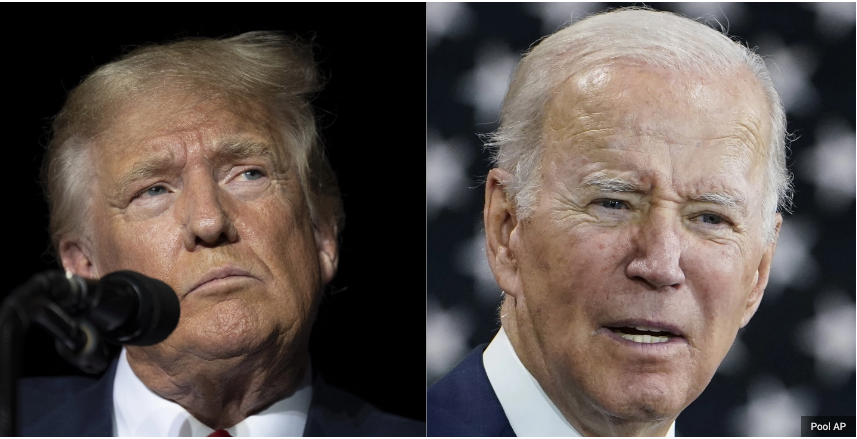
Recently declared presidential candidate Nikki Haley last month called for cognitive mental tests for political candidates over the age of 75. President Joe Biden is already the first octogenarian president at 80 years old and would be 82 if he were to be sworn in for a second term. Former President Donald Trump is not far behind at 76. Haley, who is 51, knows that the possibility of such a requirement is remote, but she clearly wants to bring attention to an issue that many Americans already recognize – that many of the nation’s leaders are well past retirement age.
The average age of United States senators in the current Congress is 64. The average age among current House members is 57, which is generally higher than the average in the workforce. Sens. Chuck Grassley (89), Diane Feinstein (89), Bernie Sanders (81), and Mitch McConnell (80) are among the oldest. Notably, Feinstein recently announced that she will not seek another term, but Grassley earned reelection just this past November, meaning he will be 95 at the conclusion of his term.
It turns out that there is broad support for Haley’s proposal to have mental competency tests for older candidates. Nearly 8 in 10 Americans support such tests for politicians over the age of 75. Similarly, the idea of maximum age limits for politicians also enjoys wide support among Americans. A CBS News poll found that 73% of Americans support a maximum age limit for public officials, with 70 serving as the optimal age limit.
Indeed, there are few issues where Democrats and Republicans share similar views, and yet large majorities from both parties agree that public offices need younger blood elected to those positions. Contrary to these sentiments, we believe competency tests conditioned by age or maximum age limits would be bad ideas to pursue.











